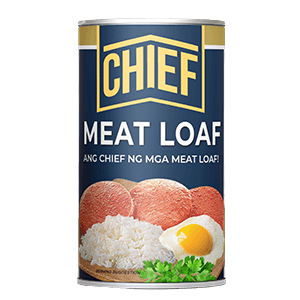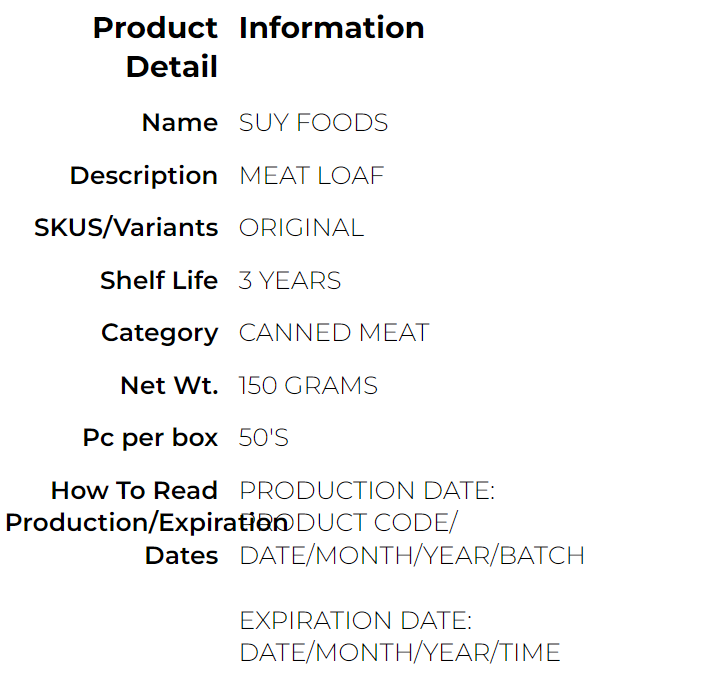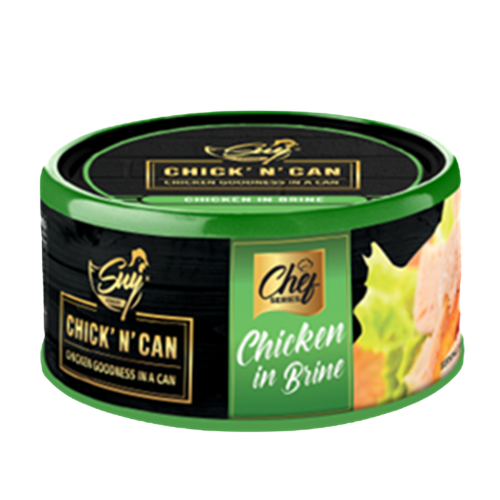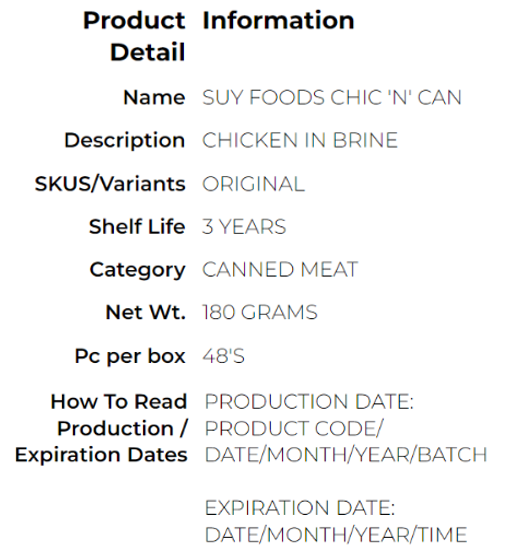The inauguration of the Dressing Plant – Farmer’s Agro Complex was attended by Agriculture Secretary Manny Piñol and Assistant Secretary Enrico Garzon themselves along with other dignitaries of the agriculture sector.
“Based on the information that we have, throughout the Philippines, this dressing plant facility that we have now has the biggest capacity and the most modern. We are hopeful that this will prosper and progress…I think it is important that we are going to be recognized and be able to compete in the international arena and show that we have the capabilities,” – Edison Lazo
Present also was the assistant professor of the University of Los Baños College of Veterinary Medicine doctor Dennis Umali who thought the inauguration of the Farmer’s Agro Complex is a great milestone for Philippine poultry and finding such a modern facility is rare especially for a developing country.
“The advanced technology and precise engineering including the huge costs required to build and operate a close-loop system to be able to efficiently produce high quality poultry products and recover resources that normally go to wastes while protecting the environment to mitigate climate change and empowering farmers in nearby communities all at the same time make ABFI truly world class. Companies [such as these] are among the most successful internationally and are well prepared to take their place on the lead markets of the future,” – Umali, a livestock and poultry consultant.
ABFI had been in the poultry industry since 1975 and was formerly known as Ana’s Poultry Farm. Through the years, they have continually paved way to better and improved poultry-related services. They have put up the standards of the poultry industry as they are into all the production involved in the poultry business from egg hatchery, breeder operations, until the dressing plant processes. ABFI is currently being managed by Jonathan Suy and Aileen Suy.
They have 16 poultry farms scattered across the outskirts of Davao City where around 200,000 to 300,000 chickens are grown per farm. Their farms boast of a controlled environment and panel ventilation appropriate for the growth of the chickens that are caged up in four different layers as compared to the conventional farms which utilizes only one layer for the chickens’ cage.
Their existing dressing plant in Binugao, Davao City has a capacity of dressing 2,500 chickens per hour. Now, with their newly-inaugurated plant in Mintal, they are currently dressing 6,000 chickens hourly.
According to their central office project manager engineer Edison Lazo, their machineries actually have the capacity of about 10,000 to 12,000 chickens per hour. They are slowly upgrading their capacities in the farm level which, he said, would also eventually complement with the high-capacity of their dressing equipment.
As they are Halal-certified, Lazo said the correct process of killing and dressing the chicken is very much important to them. During the entire process of dressing the chicken, Lazo said the only time there is human intervention is during the hanging of the chickens.
From the slitting, scalding, rendering, chilling, and sorting – everything is automated except for the part that the internal organs are removed as carefully as possible. They also have automated sorters that sort the dressed chickens according to their weights before the manual packing.
Their dressing equipment is state-of-the-art and is imported from the Marel in Netherlands. Lazo said they were the only Filipino company that ordered the complete line of dressing equipment from Marel. Both their rendering and recycling plants are imported from Denmark, their Boiler from India, Waste Water machinery from the Netherlands and Germany, Biogas machinery from Germany, and their canning equipment imported from Italy and Spain.
“In our Agro-Industrial Park, we show that we do not only care for the customers by delivering high-quality products but as well as for the environment.” – Edison Lazo
Their rendering plant uses the feathers, offal, blood, and other trimmings of the chickens to be further processed into fish feeds. Aside from that the 40 cubic meter of chicken manure that they accumulate from their farms daily are processed in their biogas facility to produce methane gas which is then used for their boiler facility for the scalding process of the chicken. (JPA)
RELATED ARTICLES
- Sizzling Up the World Trade Center at WOFEX 2023!
- Experience the Flavor! Suy Foods at MAFBEX
- Suy Foods Delivers Relief to Stranded Passengers at Manila North Harbor Port 2023
- Farmer’s Agro Complex launch 15 hectares for Dressing Plant
- Helping Filipinos In Typhoon Yolanda 2013
- Typhoon Yolanda Relief Operation
- The Halal Expo SMX Davao: Suy Foods Serves Up a Taste of Halal Goodness!







